Politics
THE FOURTH JOHN EXCERPTS: The First Lady’s Complaint to the Vice President’s Mother
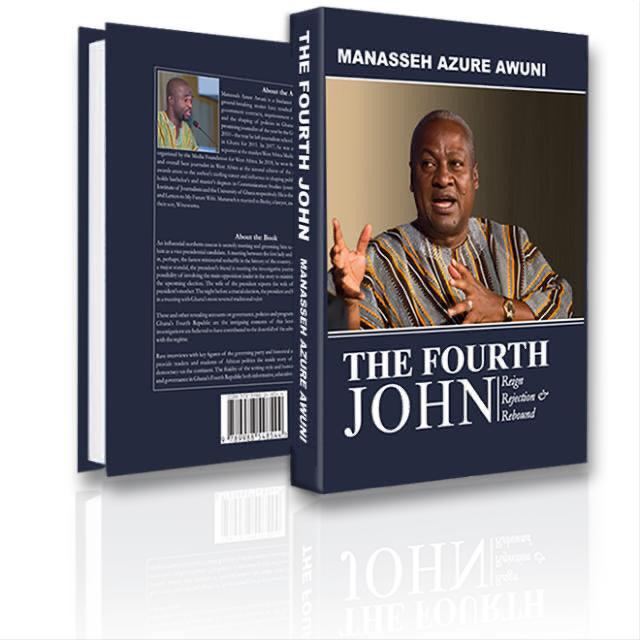
We will be bringing you excerpts from Manasseh Azure Awuni’s book, “The Fourth John: Reign, Rejection & Rebound”. Today, we bring you excerpts from Chapter Twelve titled “The First Lady’s Complaint to the Vice President’s Mother”.
The relationship between the Mahamas and the Amissah- Arthurs began with a visit by Baba Kamara and someone Mrs. Matilda Amissah-Arthur does not remember. But she remembers the message they brought and how that message was received. The two came with news that would change the status of the Amissah-Arthurs forever and thrust them into an arena they had neither thought about nor prepared for.
Kwesi Bekoe Amissah-Arthur was mourning the man who had appointed him to head the Bank of Ghana in October 2009. It was in the last week of July 2012 when the two visitors came to his house.
They had been sent by President Mahama to tell him that he (President Mahama) wanted Mr. Amissah-Arthur to be his vice president. Without much difficulty in making up his mind, he told them to tell President Mahama that he was grateful to have been considered worthy for the position, but he was not interested. The two went away. But that would not be their last visit. They came back again, with the same message, this time with a more elaborate explanation as to why he was best suited for the role and why he should not say no to serving his nation and his party.
Mr. Amissah-Arthur wanted to know why it had to be him and nobody else. He told them he was surprised because, as Governor of the Bank of Ghana, he had taken some decisions that did not please Ibrahim Mahama, President Mahama’s brother who owed a bank. As far as he was concerned, he was not on the best of terms with the president’s brother, an influential figure in both the party and the president’s family.
He was, therefore, surprised he was the one being approached for that role. Baba Kamara told him that his firmness in taking that decision against the president’s brother (Mr. Mahama was Vice President at the time of the decision) had endeared him to Mr. Mahama. Mr. Amissah-Arthur did not give them a definite answer. He asked that they give him some time to think about it.
He then consulted his prayer group and they prayed fervently about it and then he gave his response. He was vetted by parliament and, on August 6, 2012, was sworn into office as the Vice President of the Republic of Ghana, a position he held until January 7, 2017.
For latter day saints, Mr. Amissah-Arthur was an outsider to the NDC family. Those who had been in the party long enough to know, however, trace his association with the party to the PNDC days. He was an introvert. He enjoyed being in the background, providing intellectual and whatever support he could to help the party but was not the type whose strength was on campaign platforms. The Bank of Ghana job was not his first job in the public sector. Between 1983 and 1986, he worked as a special assistant to the PNDC Secretary of Finance, Dr. Kwesi Botchwey.
From 1986 to 1993, he was the Deputy Secretary of Finance and continued as Deputy Minister of Finance when the Fourth Republic was ushered in by Mr. Rawlings. He served in this capacity until March 1997 when he took a break from public life and went into consultancy, where he worked for mainly international agencies such as the USAID and World Bank, among others.
The relationship between the Mahamas and the Amissah- Arthurs was one of mutual respect. The Amissah-Arthurs were older than the Mahamas, but they deferred to them on account of the positions they held. The Mahamas also respected them. Lordina Mahama addressed Matilda Amissah-Arthur as “Auntie Matilda”, as a sign of respect. President Mahama sometimes sent people to Vice President Amissah-Arthur on certain important matters. It was a sign of respect, but Mr. Amissah-Arthur felt uncomfortable. He would have preferred a more relaxed atmosphere between them.
Despite the reciprocity of cordialities and respect, there were issues. The vice president, like his predecessors, had instances when he felt sidelined. There were occasions Mr. Amissah-Arthur heard about ministerial reshuffles in the media, like everyone else. On one occasion, he heard about the (leaked) list when it was broadcast in the media and went to enquire from the president, and when it was confirmed, he made inputs. His intervention, according to sources, saved the Minister for Education, Prof. Naana Jane Opoku Agyeman her job.
Amissah-Arthur headed the Economic Management Team and worked with the Bank of Ghana to stabilise the cedi. He was not loud, but firm. He would make his position known, even if it was not going to be taken. There were rumours that the likes of Stan Dogbe were ordering him about with a lot of disrespect. Sources close to him say some of these stories were made up or exaggerated. Even though they say the vice president suffered some amount of sidelining and disrespect, it was sometimes blown out of proportion.
There was also friction between the vice president and the Chief of Staff. Prosper Bani said it was not his intention to have a frosty working relationship with the vice president. He said Mr. Amissah-Arthur had helped him many years ago when he needed a scholarship for a course abroad, and he saw their meeting as an opportunity to repay him for his kindness. He said the nature of the office was such that there would always be friction between the vice president and the Chief of Staff.
He said any time the president wanted something or had visitors, it was the Chief of Staff he called, not the vice president. His itinerary was planned without the vice president, so if a few minutes before a programme, he was unable to attend and asked the Chief of Staff to relay that information to the vice president, no matter how tolerant the one occupying the position was, they would have issues with the one relaying the message. He said the friction between his office and that of the vice president was one of the unfortunate outcomes of the constitutional arrangement that gave virtually nothing to the vice president by way of functions.
Another issue that gave Vice President Amissah-Arthur headaches in the Mahama administration was corruption. Amissah-Arthur, according to sources close to the presidency, was so uncomfortable with the corruption in the administration that he reportedly leaked documents on the bus branding scandal to a journalist to enhance a discussion on a radio programme. His intention was not to disgrace the government; he wanted to help fight corruption and since he did not have the real power to stop it from within, he could support the media to bring the issues to light.
Prosper Bani said President Mahama made the conscious effort to make Amissah-Arthur feel comfortable. The Chief of Staff said the president charged him not to let Amissah-Arthur go through what he (Mahama) had been through as a vice president. Nevertheless, there was friction both at the official level and at the personal level.
The spouses of the president and the vice president also had issues. While Lordina Mahama was rumoured to be influential in the government, Mrs. Matilda Amissah-Arthur distanced herself from her husband’s duties. She said, in the four years that her husband was vice president, she went to the Flagstaff House only twice to attend official ceremonies. But this did not prevent friction between her and the wife of the president.
One major incident which marred the personal relationship between the Mahamas and the Amissah-Arthurs came from the first lady’s outfit…

Editor’s Note: To find out the specific reason what prompted the First Lady to report the Vice President’s wife to the Vice President’s mother, get get a copy of this intriguing book. You can call Akosua on 0551751499.
About the Book
An influential northern caucus is secretly meeting and grooming him to contest the man who will select him as a vice presidential candidate; a meeting between the first lady and the Brong Ahafo caucus results in, perhaps, the fastest ministerial reshuffle in the history of the country; at 2a.m., before the breaking of a major scandal, there is a meeting between the president’s friend and the investigative journalist about how to involve the main opposition leader in the story to minimise the damage to the president in the upcoming election; the wife of the president reports the wife of the vice president to the vice president’s mother; and the night before a crucial election, the president and his main contender are locked up in a meeting with Ghana’s most revered traditional ruler.
These and other revealing accounts on governance, policies and programmes of the fourth presidency of Ghana’s Fourth Republic are the intriguing contents of this book. Here, the journalist whose investigations are believed to have contributed to the downfall of the administration gets brutally intimate with the regime. Rare interviews with key figures of the governing party and historical contexts to contemporary events provide readers and students of African politics the inside story of what is considered the model democracy on the continent. The fluidity of the writing style and humour make this book about politics and governance in Ghana’s Fourth Republic, informative, educative and entertaining.

-
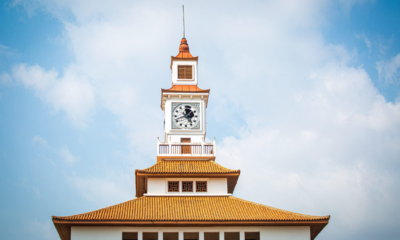
 Random Thoughts10 months ago
Random Thoughts10 months agoA Dutch Passport or a Ghanaian PhD?
-

 Foreign News10 years ago
Foreign News10 years agoEvery Animal Meat Is Not Beef! See All Their Names
-
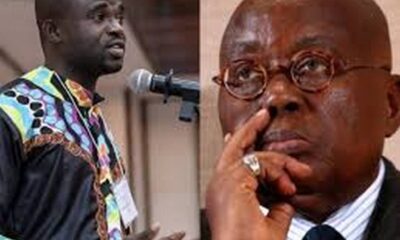
 Manasseh's Folder12 months ago
Manasseh's Folder12 months agoManasseh’s Praise and Criticism of Akufo-Addo’s Action on the SML Scandal
-
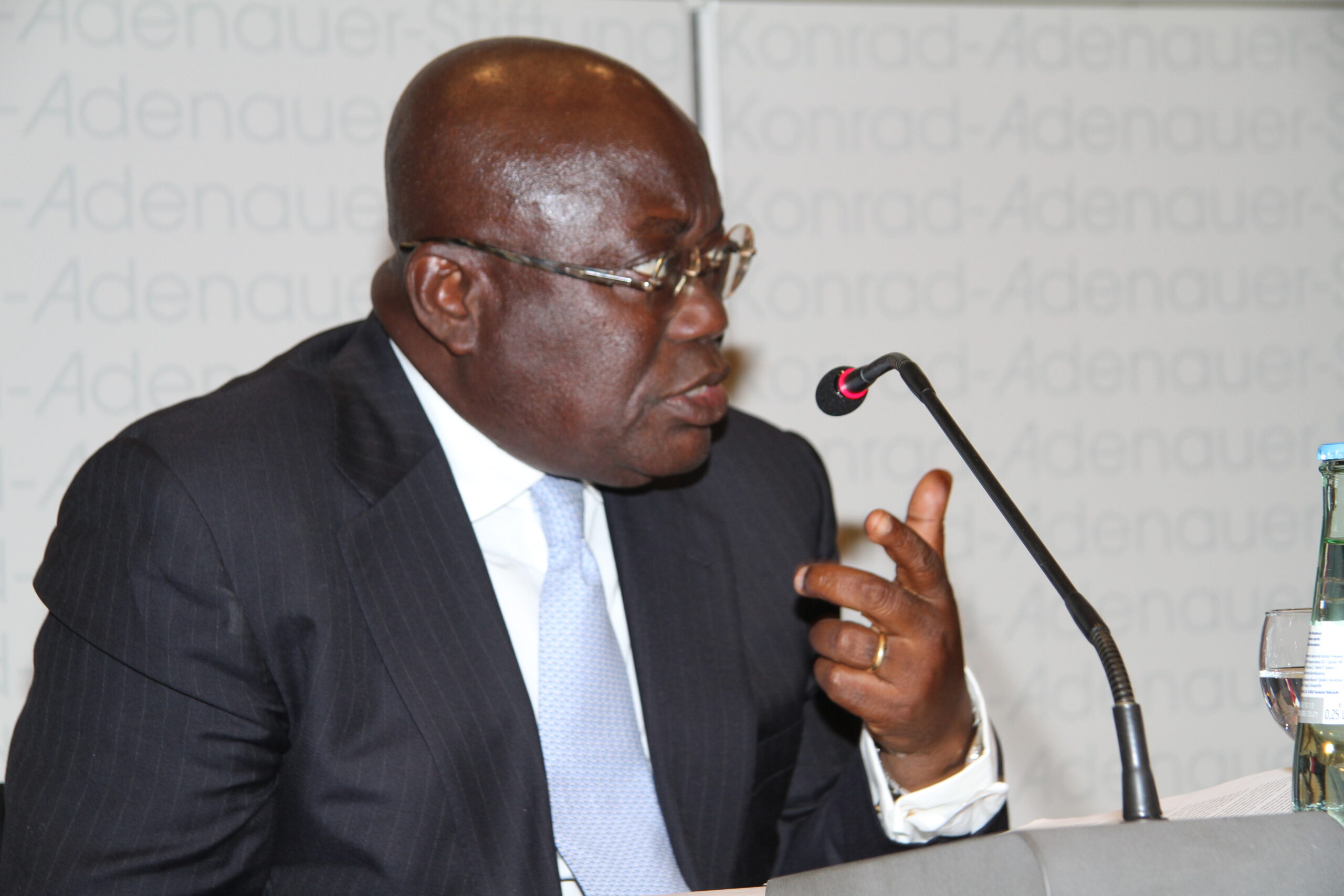
 Guest Writers9 years ago
Guest Writers9 years agoProf. Kwaku Asare writes: Nana Akufo-Addo has no law degree but…
-
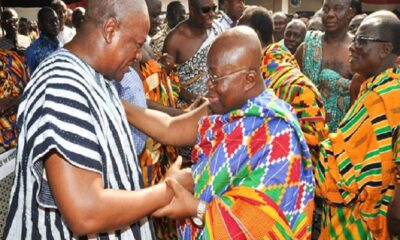
 Manasseh's Blog Posts9 months ago
Manasseh's Blog Posts9 months agoWho Started Free SHS?
-
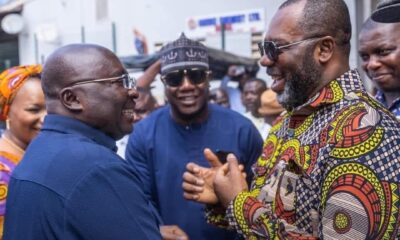
 Manasseh's Folder9 months ago
Manasseh's Folder9 months agoIs Napo Arrogant? And Does It Matter?
-
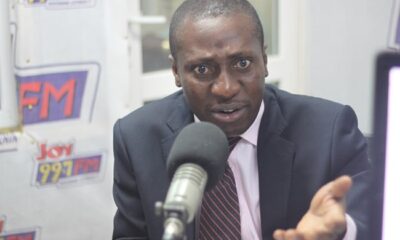
 Anti-Corruption9 years ago
Anti-Corruption9 years agoMANASSEH’S FOLDER: Unmasking Afenyo Markins, NPP’s apostle of integrity
-
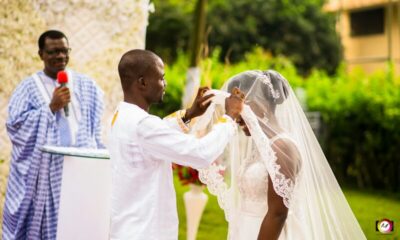
 Manasseh's Folder9 years ago
Manasseh's Folder9 years agoEXCLUSIVE PHOTOS: Manasseh Azure Awuni marries “Serwaa”